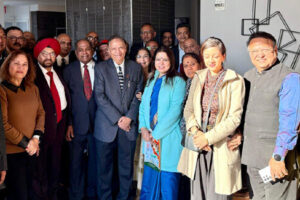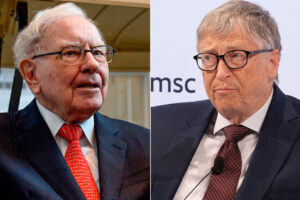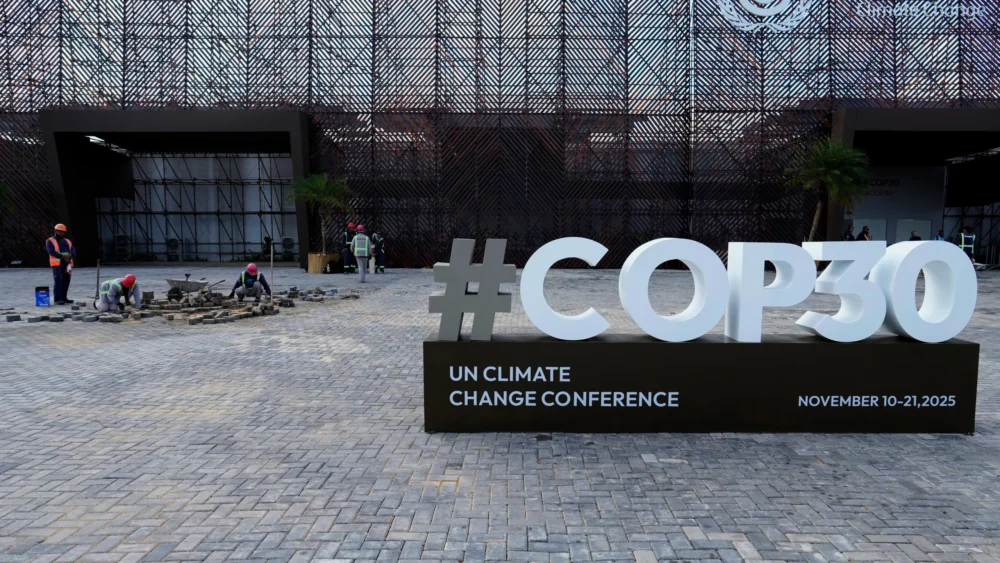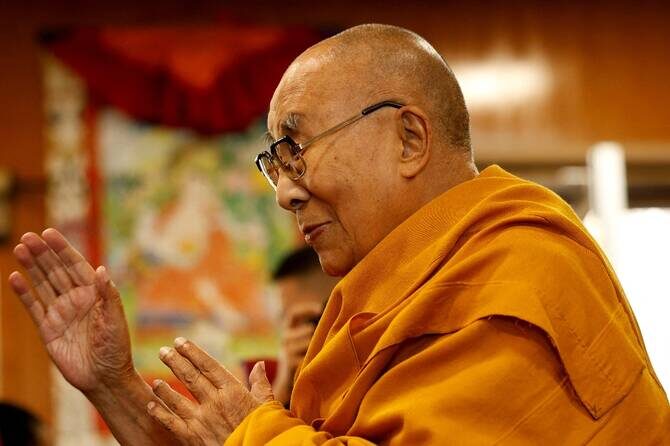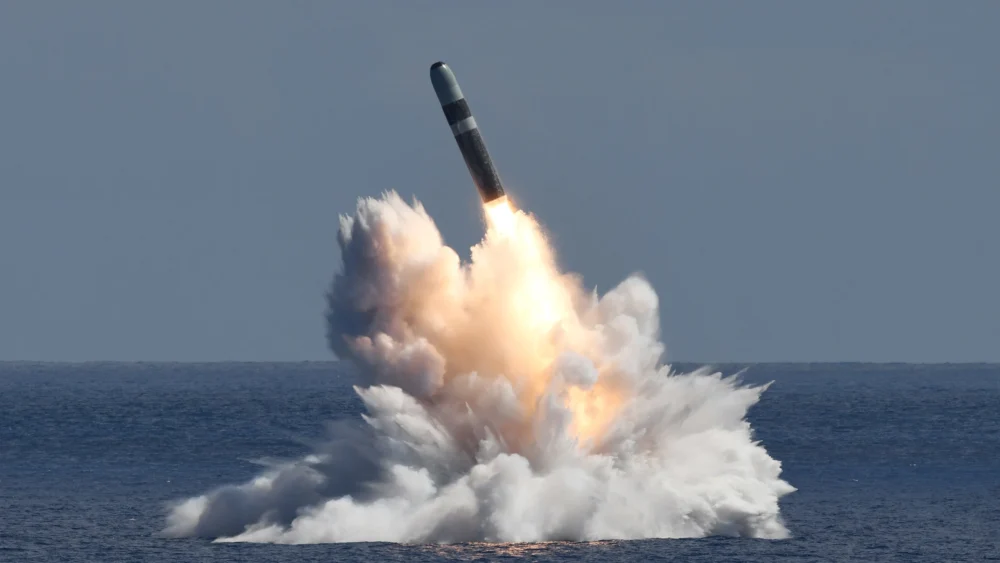A decade ago in Paris, the COP21 summit gathered an impressive lineup of world leaders, including the UK’s then-Prime Minister David Cameron, future King Charles III, China’s Xi Jinping, and former US President Barack Obama, all photographed together at a historic moment. This image now feels like a relic compared to the recent COP30 summit in Brazil, where key leaders like Xi Jinping, Narendra Modi, and the US President Donald Trump were notably absent. In fact, the Trump administration has pulled out of the process entirely, opting not to send senior officials to this year’s session. This absence raises a critical question about the relevance and impact of prolonged multinational climate summits when so many major powers choose not to participate.
Christiana Figueres, who led the UN’s climate process during the Paris Agreement, recently remarked that the COP framework is no longer fit for its original purpose. Joss Garman, a former climate activist and current think tank head, echoes this sentiment, asserting that climate politics have shifted towards economic rivalry over clean energy market dominance.
Despite 29 COP meetings aimed at reducing carbon emissions, global emissions continue to rise, prompting doubt about the effectiveness of continuing the conferences. Trump’s stance emphasizes this divide. Upon returning to office, he formally withdrew the US from the Paris Agreement and denounced climate change as the “greatest con job,” rolling back environmental protections and subsidizing fossil fuels. Trump’s policies emphasize making the US the leading energy superpower by expanding oil, gas, and coal production, even applying pressure on allies to purchase US hydrocarbons. Concurrently, clean energy initiatives from previous administrations have been severely cut back.
This stance clashes sharply with China, which has focused on building global leadership in clean technology over decades. Clean tech accounted for a significant portion of China’s recent economic growth, with renewables constituting a large share of new investments and forming over 10% of its economy. China is actively exporting its energy model worldwide, investing heavily in solar, wind, electric vehicles, and battery production at competitive prices. This has created an energy rivalry between the US’s fossil fuel-first approach and China’s clean tech expansion.
Europe and other emerging powers find themselves caught in the middle. European Commission President Ursula von der Leyen has warned against losing strategic industries like solar manufacturing to cheaper Chinese rivals, labeling past losses as cautionary tales. The EU expects renewables markets to grow tremendously, but European clean energy ambitions risk being too late, given China’s dominant position in key clean technology sectors.
The ongoing geopolitical competition has transformed the climate debate into a struggle for industrial leadership alongside environmental goals. Measures like the EU’s newly imposed tariffs on Chinese electric vehicles illustrate the tension between protecting domestic industries and achieving green targets.
Despite these challenges, COP remains a vital platform for accountability and fostering international climate cooperation, especially as global leaders acknowledge the burgeoning crises from climate change. The UN Secretary-General has highlighted that the target of limiting warming to 1.5°C is likely to be breached, underscoring the urgency.
Some experts argue that the frequency and format of COP meetings should change. Michael Liebreich, founder of an energy consultancy, advocates for fewer, larger summits every five years, allowing more time for real economic changes to unfold and industries to adapt. He suggests shifting discussions to more relevant venues like financial markets, where actual investment decisions happen.
The upcoming COP aims to secure major financial agreements, including multi-billion-dollar funding to protect critical rainforests like the Amazon and Congo Basin. Political backing for such deals is essential amid increasing global tensions over climate policy.
Observers like Michael Jacobs, a former climate advisor, stress the importance of collective international support, despite efforts by leaders like Trump to undermine the process. The UK’s Energy Secretary Ed Miliband acknowledges the complex and sometimes exhausting nature of COP but maintains that these gatherings have been crucial to advancing global climate policies and sparking the renewable energy revolution.
Ultimately, the future of climate action may depend less on broad international meetings and more on individual bilateral agreements reflecting shifting geopolitical alliances. The choice before the world is clear: align with China’s clean energy revolution or persist with a fossil-fuel-first approach, shaping how future COP summits will unfold.

